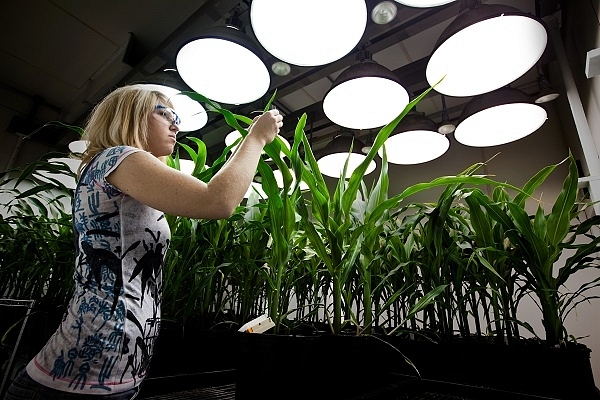
‘Modified’ Green Revolution? Indian Farmers Can Now Use Next-Gen Seeds After SC Ruling In Monsanto Patent Case
Indian farmers will now be able to access high-quality genetically modified (GM) seeds that deliver higher yields after Supreme Court upheld Monsanto’s patent on GM cotton seeds earlier this week (January 2019), reports Economic Times (ET).
“This is a very good move as most international companies have stopped releasing new technology in the Indian market due to the uncertainty over patent rule,” said Ajit Narde of Shetkari Sanghatana, a farmers’ body.
M Ramasami, Chairman of Federation of Seed Industry of India (FSSI) also welcomed the ruling. “While we await the detailed order for complete understanding, this seems to be a pro-farmer and pro-technology ruling that will have a long-term and positive impact on Indian agriculture,” he added while talking to Mint.
In August 2016, Monsanto Co, the world’s largest seed maker, withdrew an application for approval for its newest range of genetically modified cotton seeds in India due to issues over royalties and patent grants.
Monsanto’s GM cotton-seed trait, the only genetically-altered crop allowed in India, was approved by the Indian government in 2003 and an upgraded variety in 2006. This regulatory clarity was instrumental in transforming India into the world’s largest cotton producer.
Beneficial but issues still remain
Studies have shown that GM cotton seeds not only vastly improve yields, thereby improving the economic security of farmers, they also result in reduced use of pesticides. Thus, they not only reduce the costs of production for farmers but also boost the populations of beneficial insects.
However, critics contend that GM crops reduce biodiversity in a given field and also long-term impact of such crops on the environment have not been adequately studied.
Also Read: Is The Modi Government’s Policy On Bt Cotton Hurting The Textile Industry?